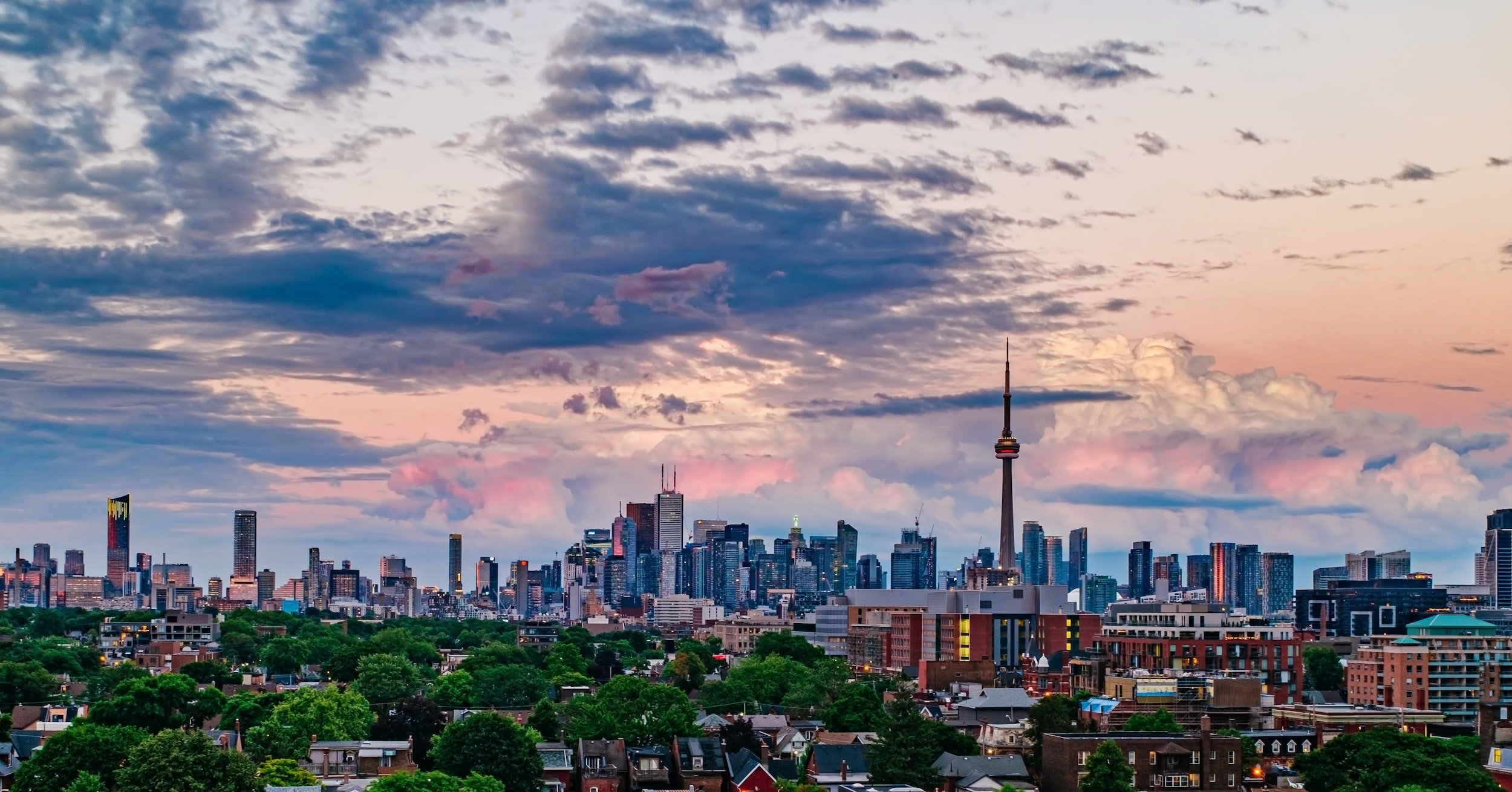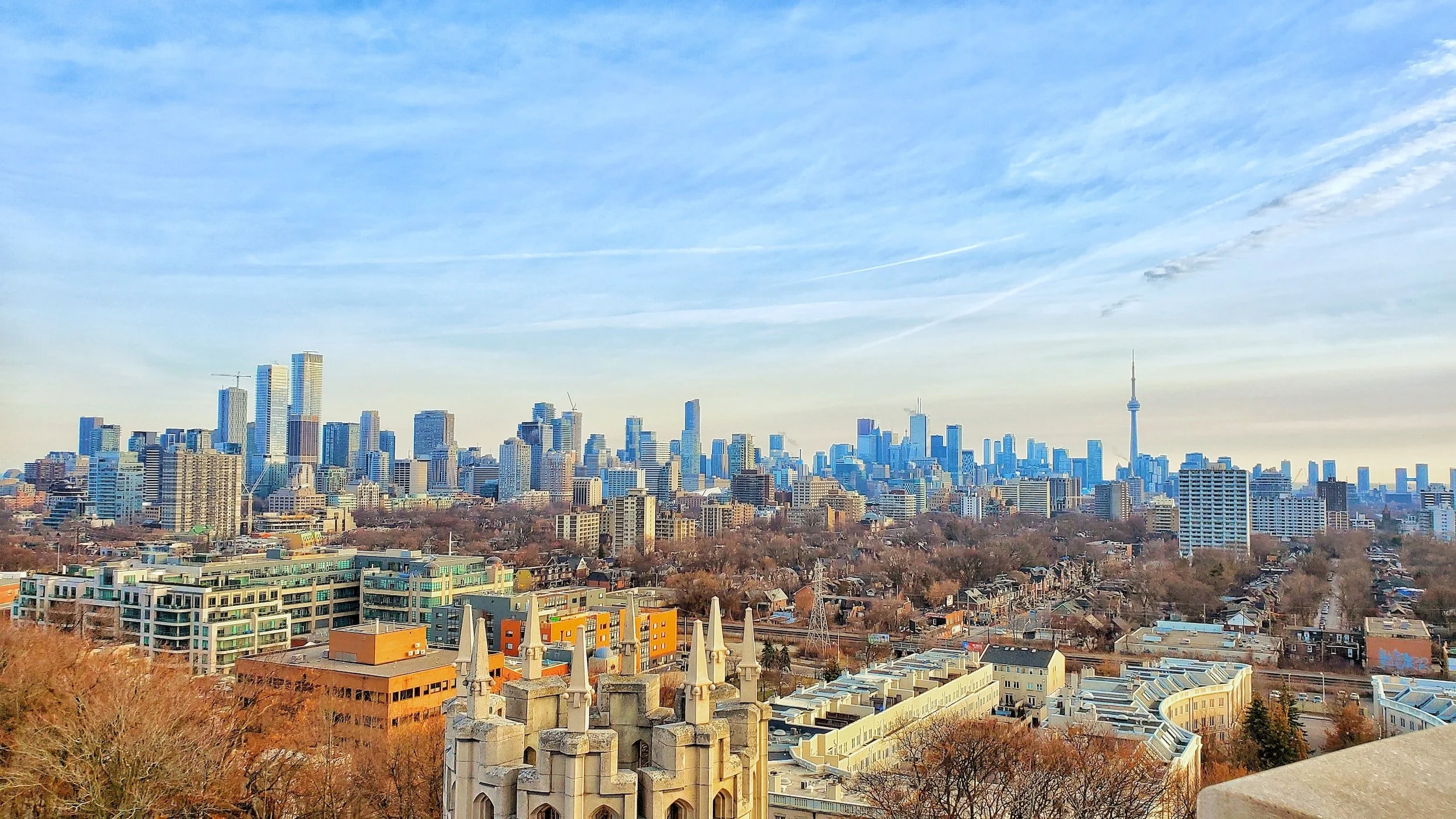Why Is Toronto Rent So Expensive?
The Toronto and GTA rental markets are heating up. The average rental rate for a one-bedroom apartment in Toronto was $1815 in the summer of 2021. By the summer of 2022, rent on that same apartment increased over 20% to $2269. Average rent paid for a two-bedroom apartment during the same time period increased over 15% from $2525 to $2969. We dive into the reasons why rent in Toronto has become so expensive in such a short period of time.
Why is Toronto rent so expensive?
The price of renting in Toronto continues to grow at an astounding rate. There are several key reasons behind this ongoing increase in cost:
Higher interest rates are making renting more appealing.
The interest rate hikes in 2022 have significantly increased the cost of borrowing money to buy a home. For context, the series of interest rate hikes made by the Bank of Canada over the course of 2022 increased the carrying cost of a $500,000 mortgage by almost $800 per month. As a result, many would-be home buyers are being pushed into the rental market. This increased demand for an already constrained supply of rentals has added further pressure to the price of renting a home in Toronto.
Toronto has a very low supply of available rental units.
Between Fall of 2021 and 2022, the supply of available rental units in Toronto decreased by over 30%, driving an extremely low vacancy rate of below 1%. Such low supply and vacancy creates increased competition among renters that drives strong upward pressure on average rents.
The cost of owning a home in Toronto is prohibitive for many.
Despite the fact that real estate prices in Toronto have decreased close to 20% since the market peak in February 2022, the cost of owning a home is still prohibitively expensive for many. Given the $1.2 million average price tag for a home in Toronto, a prospective buyer must make an annual income of at least $220,000 in addition to coming up with a 20% down payment. As a result, many first time buyers are priced out of the market which further increases the pool of renters looking for a place to live.
Gentrification has made the city more expensive.
Many neighborhoods in the city which were previously lower-income areas are now becoming gentrified. Areas like Parkdale, the Junction and the Annex which were once working class communities with affordable housing options are now are being developed with luxury condos which drives up the cost of rent in surrounding buildings.
Toronto is a hotbed for immigration.
Immigration plays a significant role in the high demand for rental housing in Toronto. Over 100,000 new immigrants call Toronto home each year. This number is expected to increase further in the coming years as the Government of Canada announced a plan in November 2022 to increase their immigration target significantly, welcoming 465,000 new permanent residents in 2023, 485,000 in 2024 and 500,000 in 2025. A large percentage of new entrants to Canada end up in Toronto due to availability of employment and cultural ties to the local communities. The majority of these newcomers elect to rent which increases competition in the rental market and drives prices higher.
Toronto is lacking purpose-built rental units.
Almost no purpose-built rental apartments have been built in Toronto since the 1990s. Condominiums have been the main focus for developers in Toronto over the past 20 years. As such, condos are the primary source of rental supply in Toronto, which are more expensive to rent than purpose-built rental units.
Vacant investment properties constrain the supply of rentals.
Although the vacancy rate for rental properties in Toronto is very low, there have been concerns in recent years with rental property supply being constrained by non-resident inventors who buy properties in Toronto and leave them vacant as opposed to renting them. The City of Toronto has announced a vacancy tax which will go live in 2023, equivalent to 1% of the property's current value during the year it is vacant. The goal is to encourage property owners to put vacant homes on the rental market which will hopefully increase the supply of available rental options.
Growing demand to live in Toronto and booming population growth are two of the key factors driving higher rental rates.
Is it Better to Buy a House or Rent in Toronto?
Ultimately, the decision to buy or rent a home comes down to your long term goals and lifestyle. Renting is the better option for anyone who prefers having the flexibility to change locations at will, as well as those who place a high value on their free time and see home repairs and maintenance as hassle. From a standpoint of building long term wealth, owning a home is almost always the better choice - especially in a city Toronto that is a highly coveted global metropolis with a strong economy and great long term growth prospects.
There are some articles and videos out there asserting that one would be financially better off in the long term by renting their home and investing the difference between the cost of owning a home and their monthly rent into an ETF or index fund. The trouble with this approach is that it’s unrealistic in practice because it requires an almost robotic-like ability to invest most of your discretionary income after your rent has been paid into a bucket that’s never to be touched until retirement. The other downside of this method is that it requires a lifetime to work because most of the benefits of compounding come at the end of the cycle. Finally, home buyers get a capital gains tax exemption on their primary residence which could save hundreds of thousands of dollars when it comes time to sell, whereas those growing equity portfolios will be taxed handsomely when they decide to liquidate their holdings and are also taxed on dividend income that is withdrawn from their portfolios.
Is renting a waste of money?
Renting is not a waste of money because ultimately you’re paying for a place to live, and you have to live somewhere. Renting actually offers a number of benefits over owning a home including increased flexibility, less maintenance, a fixed monthly payment, no property taxes and generally fewer headaches. From a standpoint of generating long term wealth however, owning a home (especially one that produces some sort of supplementary rental income) is the superior option.
When should you buy vs rent?
It’s generally better to buy a home if you plan to stay there at least 3-5 years because it typically takes this length of time to build up enough equity to outweigh the transaction costs associated with selling a home. 4-5% of your home’s value is a good estimate of the funds needed to cover your selling costs which often include a mortgage penalty, realtor commissions, home staging, moving costs and legal fees. If you want the flexibility to change locations often, your career has you on the move or you simply don’t enjoy the regular repairs and maintenance associated with owning a home, renting is likely the better option for you.
Visit our home page for more awesome articles on the Toronto & GTA real estate markets



